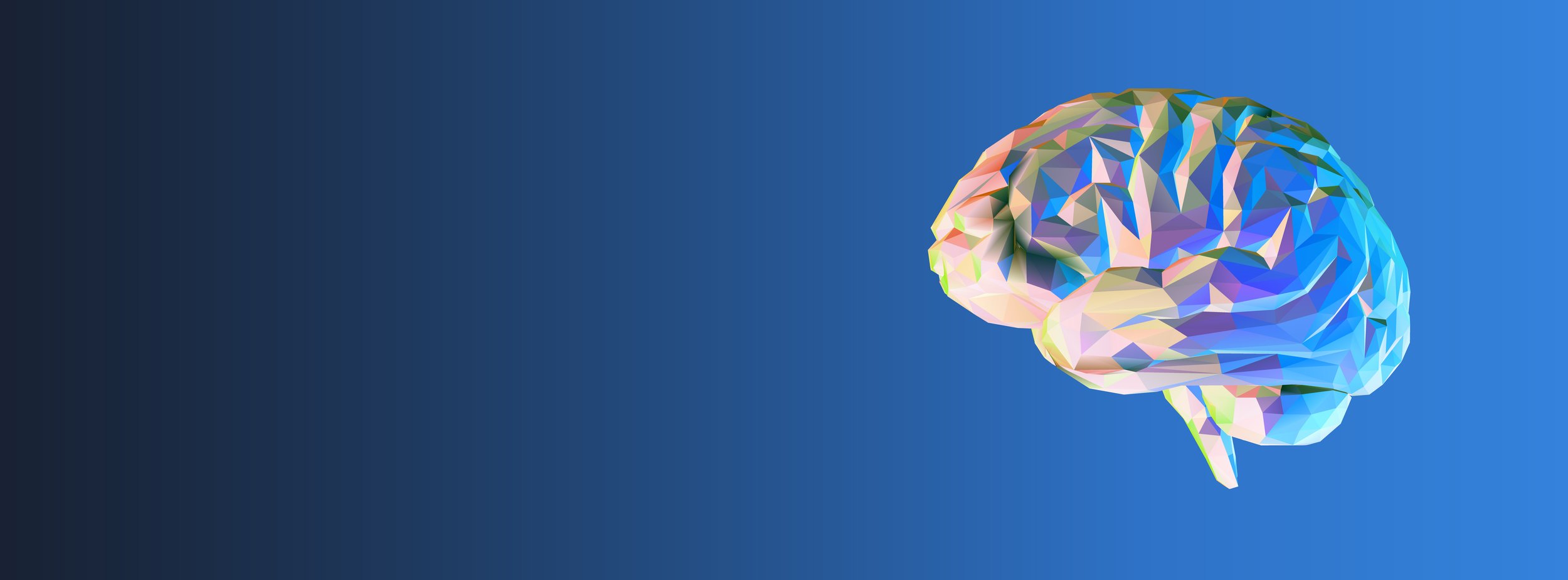
Research and
5 Program Themes
5 Program Themes
The BRAINS program research is based on 5 key themes. Read more about these themes, their associated projects and team members below.
-
Aims
This theme aims to:
Implement screening for needs and symptoms in routine practice across the country
Understand the needs of patients and caregivers across the brain cancer trajectory to guide referral to treatment, rehabilitation, and community support
Systematically identify areas requiring intervention development
Projects
We are developing an online portal that will be used to identify anxiety, depression, and unmet needs of patients diagnosed with brain cancer and their caregivers. As part of the development, we are seeking feedback on the look, feel and functionality of the BRAINS ADAPT Portal (Currently recruiting)from patients, caregivers, and health care staff. This feedback will be used to modify the portal by improving its usability and design.
Research Team
A/Prof Joanne Shaw
A/Prof Haryana Dhillon
Dr Mona Faris
Dr Rachel Campbell
-
Aims
This theme aims to:
Optimise models of survivorship and supportive care by implementing a centralised care coordination service nationally to support brain cancer survivors and caregivers
Identify the features essential to effective provision of care for this population
Develop a model of brain cancer care adaptable to differing health services and local contexts
Projects
People with brain cancer and their caregivers must navigate different healthcare services while working with different specialists and trying to access community-based services. Effective care coordination is critical, as it allows people to have continuous and connected care in a timely manner, and stops them from “falling through cracks”. Theme 2 aims to improve care coordination for primary brain tumours.
Research Team
A/Prof Joanne Shaw
A/Prof Haryana Dhillon
Prof Raymond Chan
Dr Megan Jeon
Ms Annie Miller
A/Prof Mark Pinkham
Prof Brian Kelly
Dr Ursula Sansom-Daly
A/Prof Kerryn Pike
Dr Nicole Rankin
Prof Georgia Halkett
Ms Dianne Legge
Prof Meera Agar
Dr Joel Rhee
Prof Tamara Ownsworth
-
Aims
This theme aims to develop a centralised repository of information resources designed to address the needs of people with brain cancer, caregivers, and healthcare professionals.
Projects
There are a lot of resources available for brain cancer patients and their caregivers. Unfortunately, the majority of available resources do not consider the challenges people with brain tumours experience, which include problems with attention, memory, vision, and processing.
Our work on Theme 3 is about providing resources that better meet these needs.
Research Team
A/Prof Haryana Dhillon
Ms Annie Miller
Dr Ursula Sansom-Daly
A/Prof Kerryn Pike
Prof Georgia Halkett
Ms Dianne Legge
Dr Helen Haydon
Dr Elisabeth Coyne
A/Prof Joanne Shaw
Ms Jill Chen
Ms Hannah Banks
Mr Thomas Carlick
-
Aims
This theme aims to establish optimal support strategies and interventions for caregivers by building on existing information resources and case management strategies.
Projects
Delivery of a nurse-led intervention to carers to improve their preparedness to care and reduce distress. The resources developed for Care-IS have been turned into an online intervention, Caring for the Caregiver which is currently being trialled.
People diagnosed with primary brain tumours often need a lot of help from their families. Most family carers don’t receive much or any training on how to look after the person with a brain tumour. This project aims to evaluate an online intervention developed to provide carers with information and resources.
Research Team
Dr Helen Haydon
Dr Thea Blackler
Prof Georgia Halkett
Prof Anna Nowak
A/Prof Haryana Dhillon
-
Aims
This theme aims to develop, evaluate, and implement evidence-based rehabilitation and supportive care interventions designed to address symptoms common in brain cancer survivors.
Projects
Beyond Brain Cancer (Currently recruiting)
Adolescents and young adults diagnosed with brain cancer may face many challenges once treatment has finished. There can be changes in friendships, independence, health, worries (e.g. the cancer returning or getting worse), and their mood. All these changes are difficult to cope with, especially while trying to get back into normal life. This program wants to hear what life is like after brain cancer treatment has finished and develop a group-based program specifically for adolescents and young adults diagnosed with brain cancer.
Personality and Behaviour Changes (Carers) (Currently Recruiting)
We are looking for carers and family members of adult patients with brain tumour related personality and behaviour changes. We want to interview carers to better understand their experiences and support needs. These interviews will help us to understand how manage these changes and will help us to develop supports for patients and their carers.
The objective of this scoping review is to determine the key elements in communication guidelines or frameworks developed for health professionals working with adults who have health conditions with reduced cognitive capacity, and their carers. The review seeks to source material from health populations where cognitive changes are found such as acquired brain injury, stroke, dementia, and psychosis to identify key elements of health professional communication.
The Improving COmmuNIcation & support for people with brain Cancer & their families study is looking at improving communication and support for people diagnosed with brain cancer and their families by finding ways to build the communication skills of the healthcare professionals who work with them. The study is focused on finding ways to tailor health communication when people have changing cognition. We are using key elements and guidance from other health areas to develop a communication training resource with professionals working in brain cancer care. The new resource will be tested in a pilot study to ensure it's useful and accessible.
The Telehealth Making Sense of Brain Tumour Program (Tele-MAST) offers up to 10 sessions of psychological support delivered by an experienced psychologist using videoconferencing. This research will help us to better understand the needs and preferences of people with brain tumour and their families and to implement Tele-MAST into practice.
LaTCH is a 6-week, Australia-wide memory skills and strategies intervention delivered over Zoom. The intervention is developed and run by neuropsychologists to help people with brain tumours to learn practical strategies to improve memory and thinking skills in everyday life.
Cancer-related fatigue is a common symptom experienced by people living with a brain tumour, affecting their quality of life. RESTORE is an online intervention that has been shown to improve people’s ability to self-manage their cancer-related fatigue. However, previous evaluations of RESTORE did not include any people with a brain tumour. This study aims to determine the suitability of RESTORE for people living with a brain tumour.
Research Team
Prof Tamara Ownsworth
Dr Katarzyna Lion
A/Prof Mark Pinkham
Dr Kerryn Pike
Ms Sian Virtue-Griffiths
Dr Ursula Sansom-Daly
Ms Jessica Buster
Dr Rachel Campbell
A/Prof Joanne Shaw
Ms Dianne Legge
Ms Emma McDougall
Research
Learn more about each study below including what we are doing, what we expect to find and our next steps.
View a list of recent publications from the BRAINS Program.










